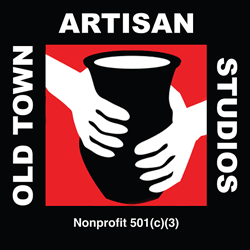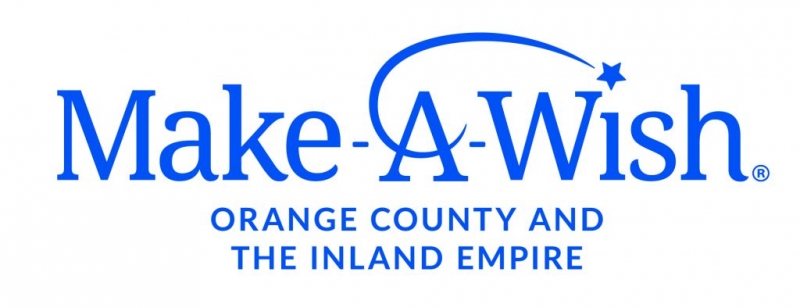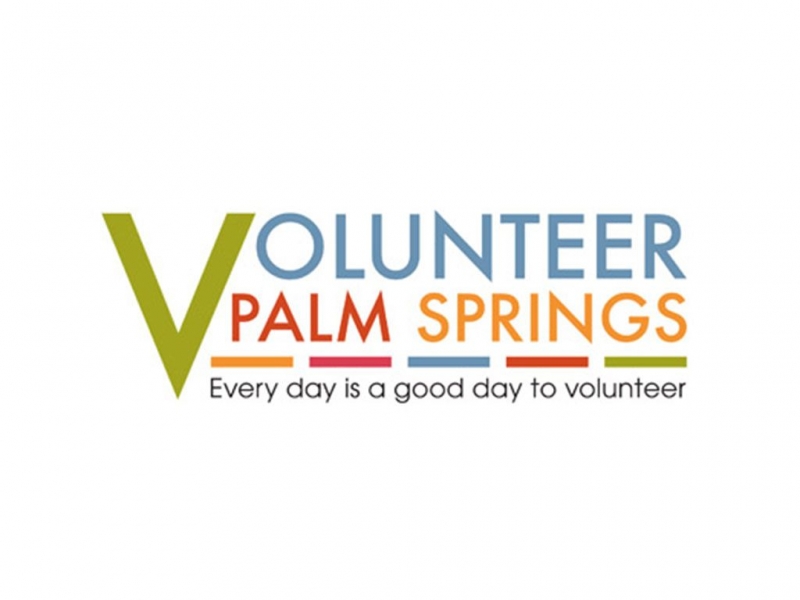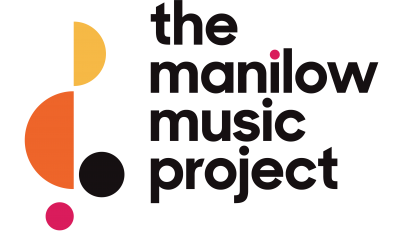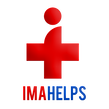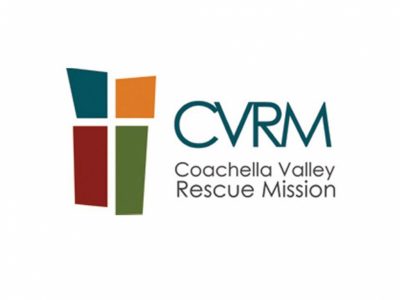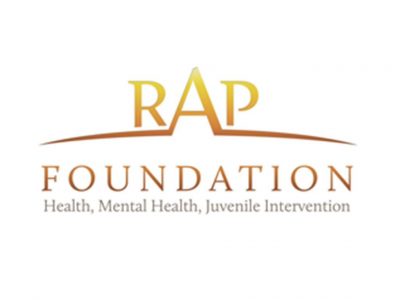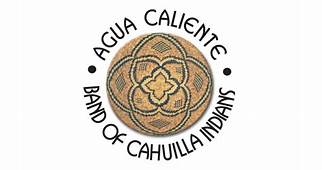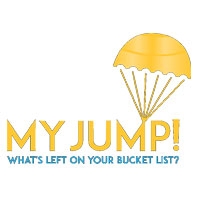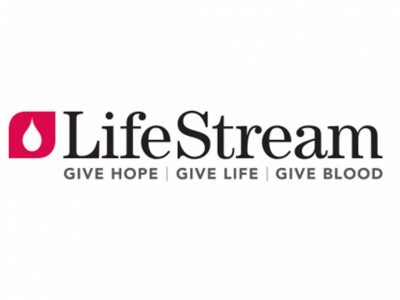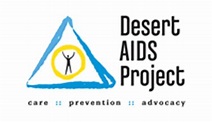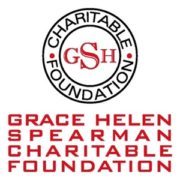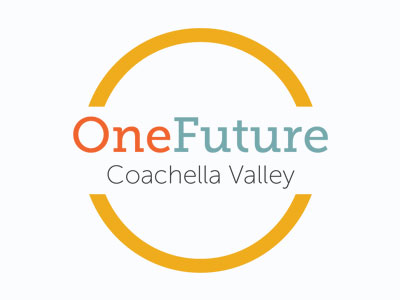Neurofeedback, also known as cognitive rehabilitation or EEG biofeedback, challenges the brain to better function.
This powerful brain-based technique has been successfully helping clients around the world for more than 30 years. It is a non-invasive process with positive results for a multitude of conditions including anxiety, depression, post-traumatic stress disorder (PTSD), attention deficit hyperactivity disorder (ADHD) and chronic pain.
Neurofeedback works by training the brain to function at its maximum potential, which is similar to the way the body is exercised, toned and maintained. The technology is safe and effective for children and adults ages 5 to 95.
It is widely acknowledged that United States military veterans are subjected to traumatic events given the nature of their missions. One in five veterans returning from Iraq and Afghanistan conflicts have been identified as experiencing symptoms of PTSD. PTSD symptoms can include agitation, irritability, hostility, hypervigilance, self-destructive behavior, social isolation, flashbacks, fear, severe anxiety, mistrust, loss of interest or pleasure in activities, guilt, loneliness, insomnia and nightmares. Impairments in attention and memory may also be present.
The Neurofeedback Center, which offers services at Cal State San Bernardino (http://neurofeedback.csusb.edu) and its Palm Desert Campus (http://neurofeedback.csusb.edu/neurofeedbackAtPDC.html) used neurofeedback to reduce the negative symptoms experienced by veterans with PTSD. The Neurofeedback Center’s recently published study extends the knowledge of previous findings by identifying the use of artifact-corrected neurofeedback that significantly improved both auditory and visual attention after 20 half-hour treatment sessions in four out of five veterans. Additionally, significant improvements in well-being were achieved after 40 half-hour sessions. Initially 80 percent of the veterans were experiencing severe to moderate levels of distress. Following neurofeedback treatment, 78 percent of them reported positive levels of well-being.
Overall the findings support artifact-corrected neurofeedback as a clinically-effective intervention that helps improve some of the impairments associated with PTSD and that specific improvements in auditory attention and processing speed can contribute to greater well-being. The CSUSB Neurofeedback Center’s discovery that auditory attention and auditory response time were significantly correlated with well-being improvement after neurofeedback, but not prior to, lends support to the validity of neurofeedback being the key factor in the veterans’ well-being improvements.
The study was based on the neurofeedback clinical interventions provided by Connie McReynolds, licensed psychologist and director of the Neurofeedback Centers at the Cal State San Bernardino campus and its Palm Desert Campus. Funding was provided by the San Bernardino County Veterans Affairs, a California veterans agency. All veterans volunteered for the neurofeedback services and were not compensated for their participation.
The Neurofeedback Center at the CSUSB Palm Desert Campus offers services to its students and community members in the Coachella Valley. Clinicians pre- and post-test clients and assist them in the neurofeedback sessions, which typically last 30 minutes twice per week. Clients have seen results in less than 10 weeks, but outcomes vary case by case.
Located in beautiful Palm Desert, the CSUSB Palm Desert Campus offers bachelor’s and master’s degrees, a doctorate in educational leadership, and teacher credentials and certificates. With more than 1,400 students, it is the Coachella Valley’s four-year public university and plays a vital role in educating and training the region’s growing population.
For more information about the CSUSB Palm Desert Campus, contact Mike Singer in the campus’ Office of Public Affairs at msinger@csusb.edu or (760) 341-2883, ext. 78107, or visit the campus website at pdc.csusb


